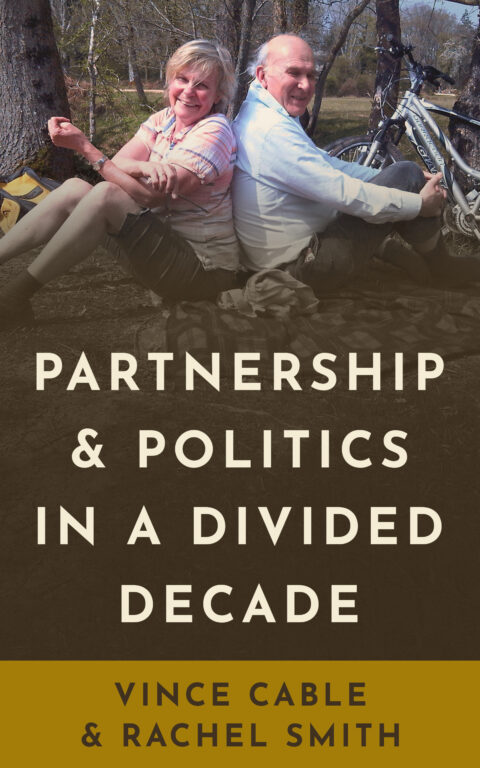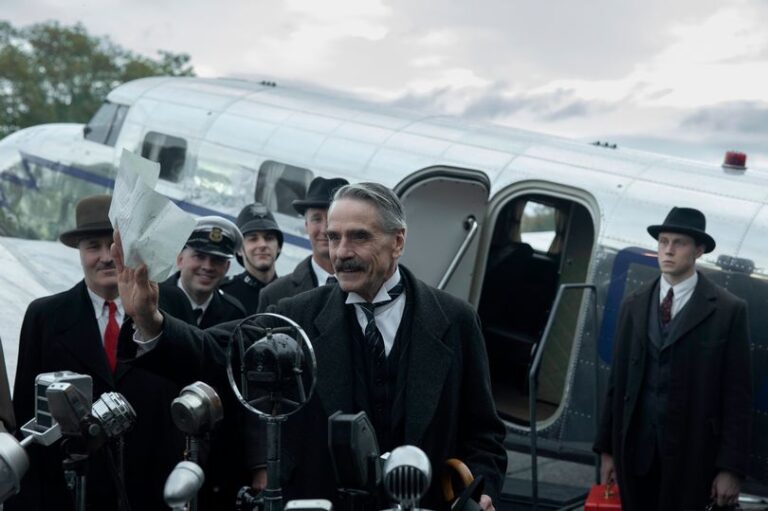
So, what is Secret History then?

https://www.jonathanstockleyart.com
What is ‘Secret History’? A good way to think about it is that Secret History sits at the crossroads where counter-factual fiction, faction, conspiracy theory and historical fiction all meet. Got it?
Hmmm. Perhaps not quite.
The first thing to say is that Secret History is fiction; Secret History books are novels. Clearly, they must deal with the past, but also with something that somebody wants to keep quiet about.
Who? What do they know? Why are they covering it up?
Welcome to the modern world. Secret History is the sort of stuff that sells newspapers, because at its core it deals with real people, real times, a wealth of established facts, and a skeleton in the cupboard that fits the facts… It’s just that nobody has ever rattled those bones before.
Back to the crossroads and the similarity to conspiracy theory novels. Naturally, the more apocalyptic the secret (and the higher up it goes), the better we like it. Secret History implies a direct line from the past (the history) to where we are today. So, in Secret History there isn’t a branching point, as there would be in counter-factual fiction. Don’t expect President Kennedy’s life to be saved on the operating table, or Rudolf Hess to address parliament. Nor is Secret History trying to tell you what is fundamentally a story of ancient Rome, regency romance, boys up chimneys, Nelson’s navy, or wars of conquering and liberation… Nor is Secret History the same as ‘faction’ which, although it uses story-telling techniques to tell a true story, that’s the point – faction is fact, not fiction.
The point of Secret History is the secret. It has to stay under wraps.
Of course, there is a similarity with some of those fiction genres above. At the centre of the story, we find a fictional protagonist. Our hero is normally so insignificant in comparison to the powerful (and often amoral) people who got him into his situation that, in theory, he can’t influence the outcome. But even if he doesn’t… even if the powerful people get away with all the lies and stonewalling that keep the secret safe, then it doesn’t matter. The reader sees those people for what they are.
However, this is where it gets tricky for the writer, because some of his characters are real people… and some of them might still be alive! You’ve all seen that bit just after a book’s title page where publishers try to avoid getting sued – ‘any resemblance to real persons, living or dead, is purely coincidental.’
Well, in Secret History that can’t be totally true. Okay – you might consider calling your Prime Minister ‘Toby Bligh’, but why bother? Secret History is an established genre of fiction in which you can’t divorce known events from real people without wrecking the credibility of your story. Maybe that’s simply the price of fame or high office. And anyway, if it walks like a duck, swims like a duck and quacks like a duck…
Finally, when you’ve reached the last page of a good Secret History novel, and said to yourself: “I find that bit about General Eisenhower a bit far-fetched,” what happens? You google it, and maybe you not only find out that it’s true, but it’s interesting too. So, if a Secret History novel merely entertains you, that would be enough. But occasionally, if it fosters in someone a deeper interest in times past, that would be a great thing.
Secret History – it’s where the verifiable facts run out and, in the gap before they all pick up again, something hush-hush happens that nobody knew about before. It’s a secret that doesn’t change anything, but it certainly might explain something. And as long as we don’t destroy all credibility by letting something happen that clearly couldn’t have, (such as Queen Victoria saying: “Yeah, that’s really – like – cool, man”) hopefully the reader is left wondering whether it really could have happened, because everything else seems to be true.

And remember… It’s fiction. Okay?


